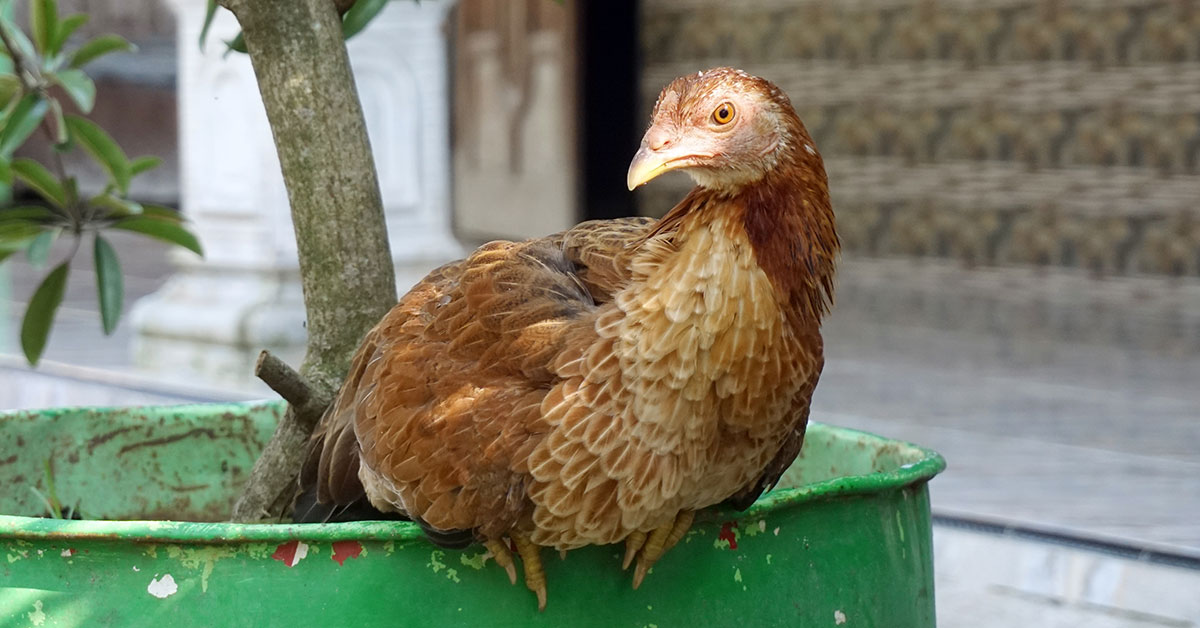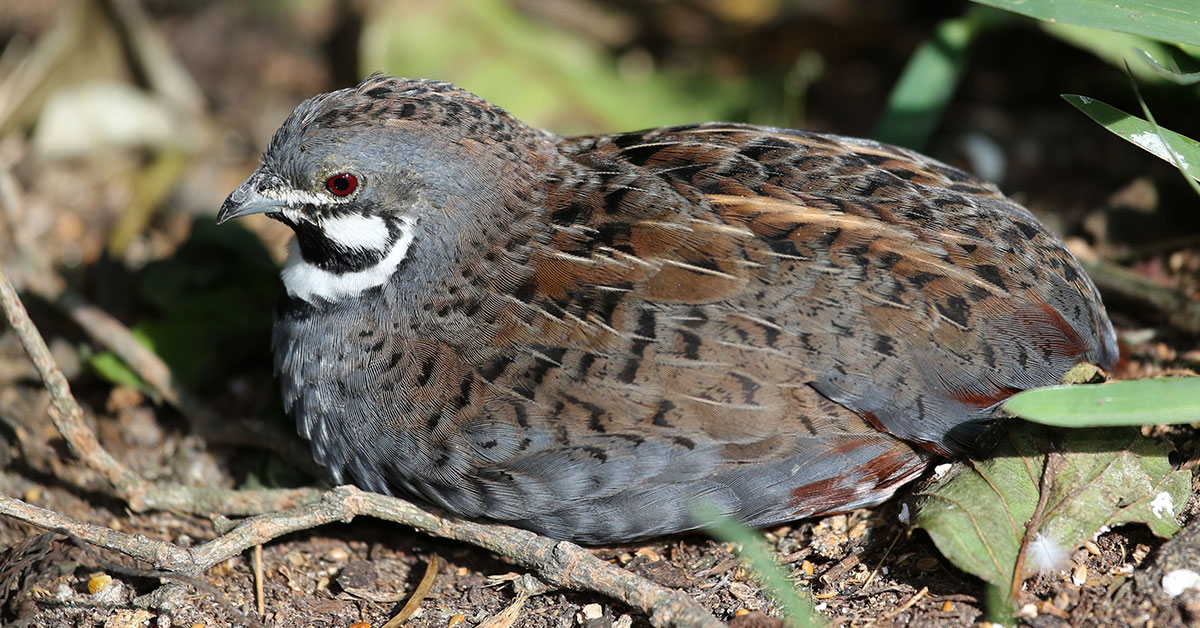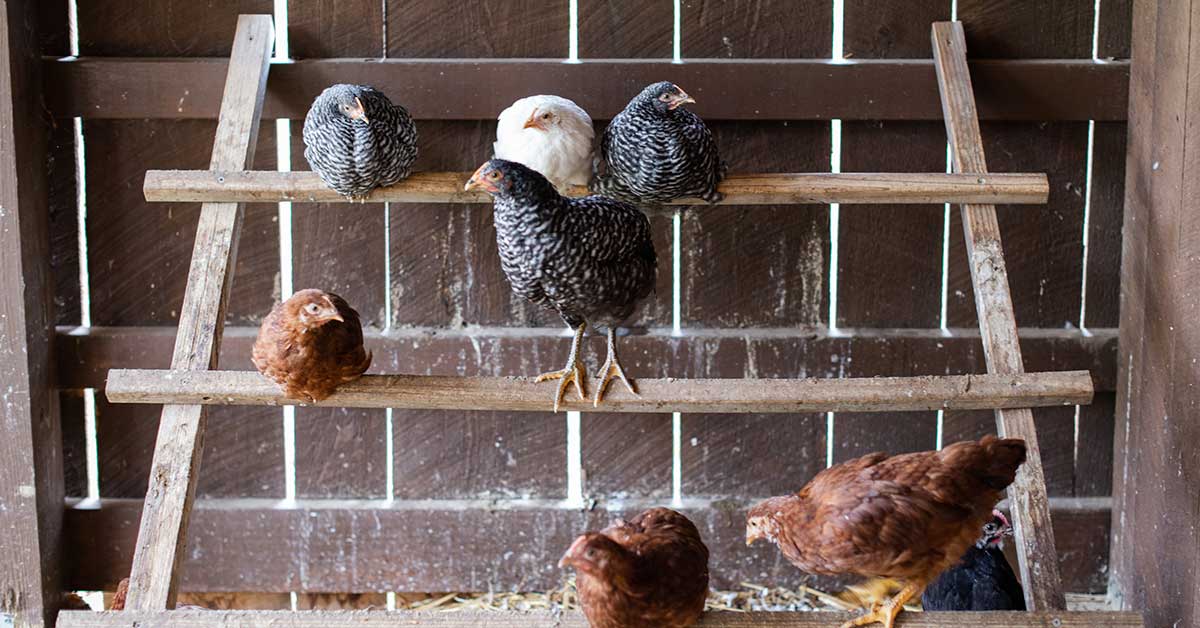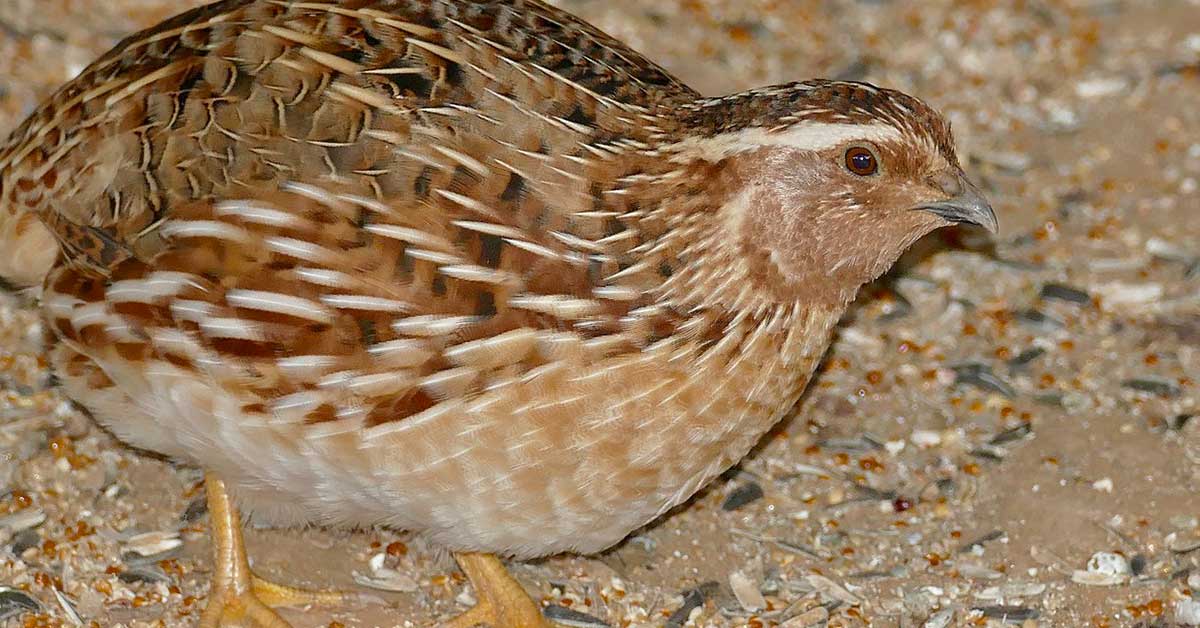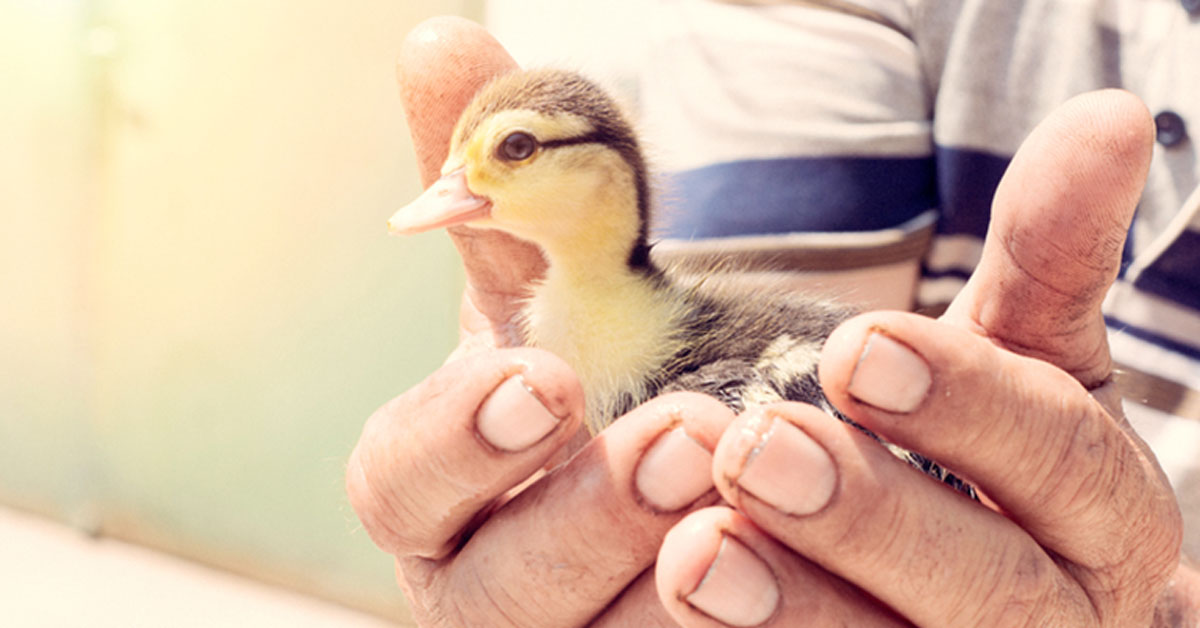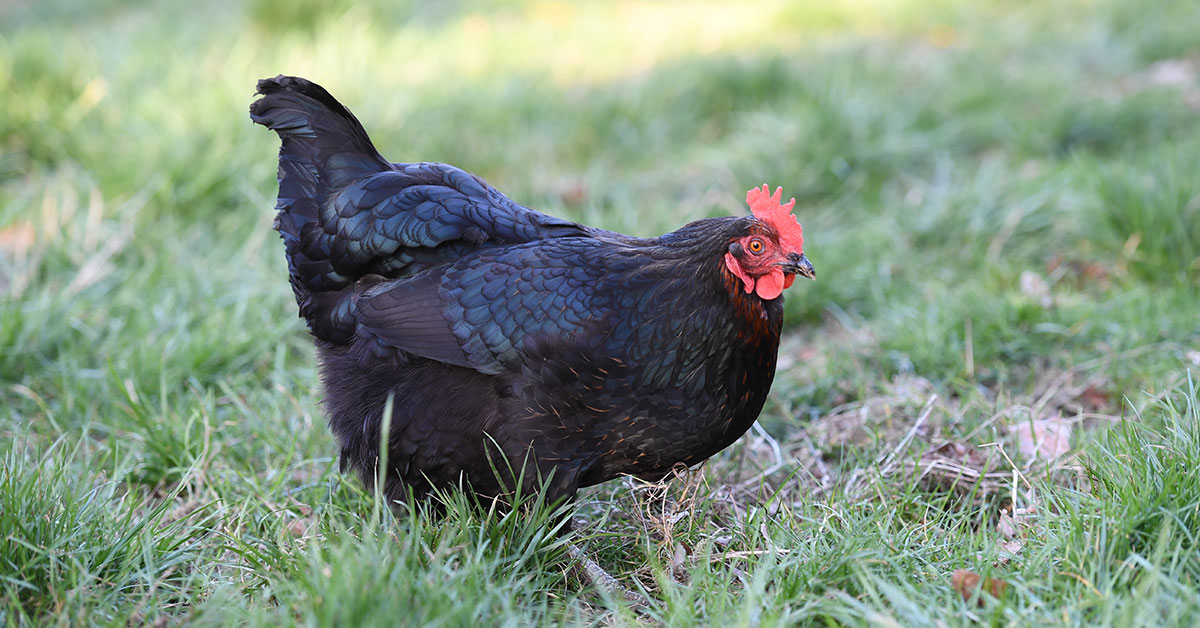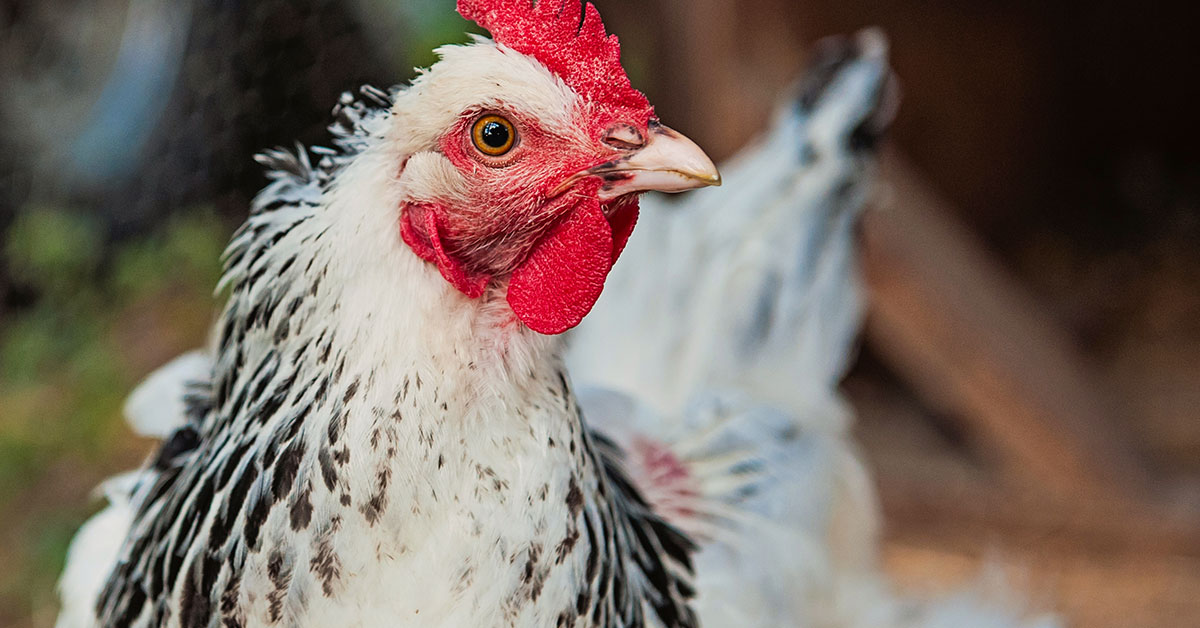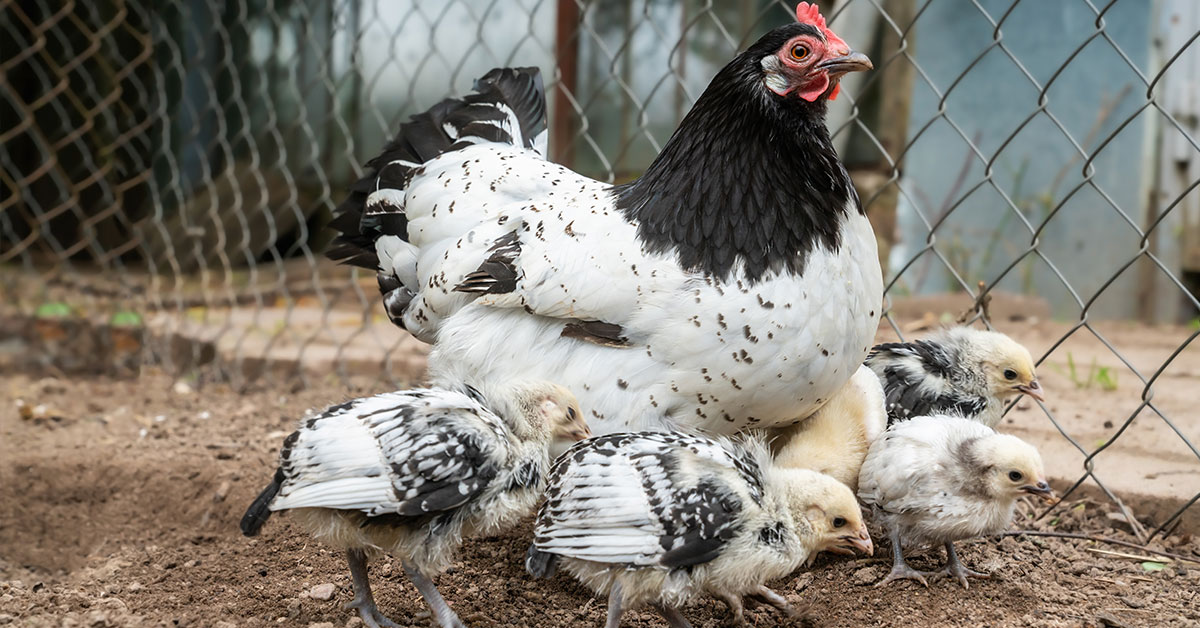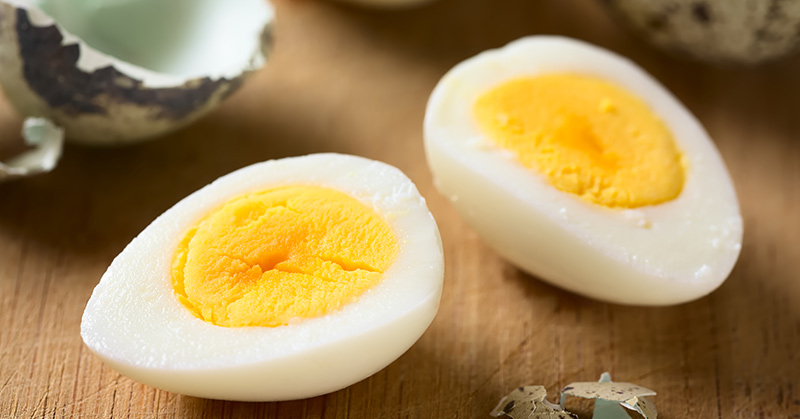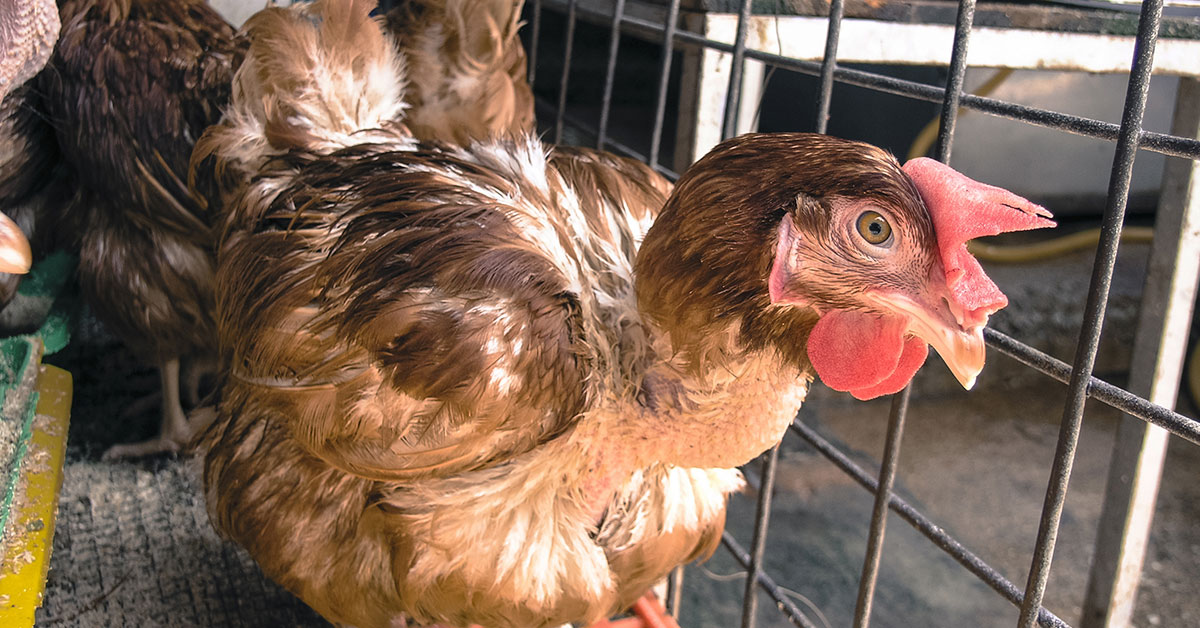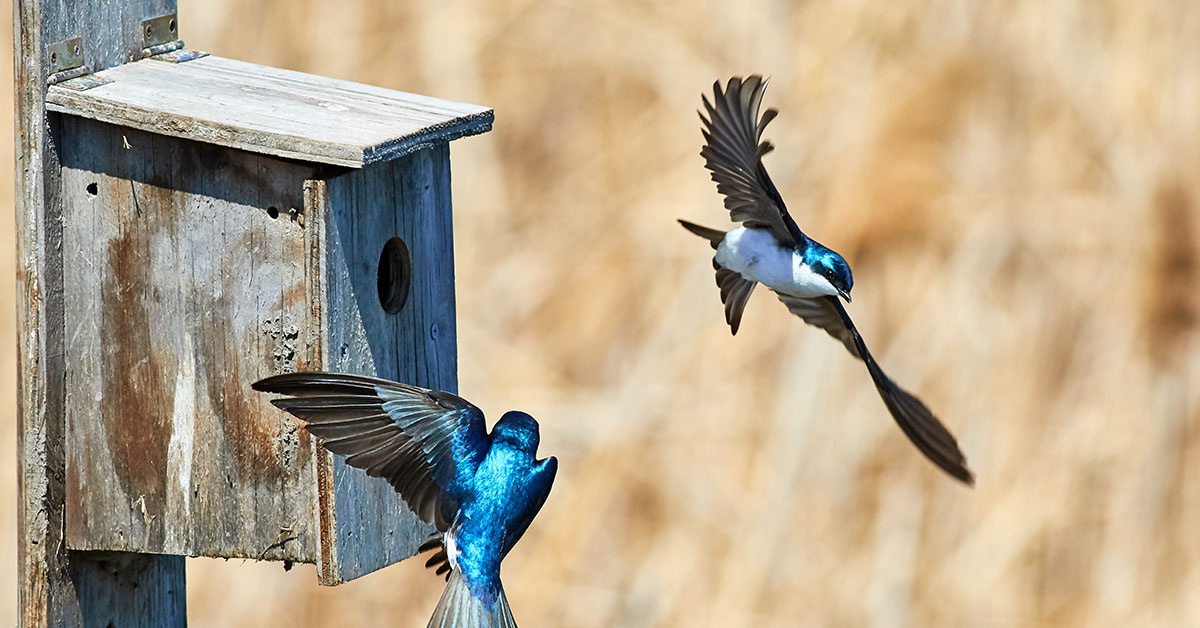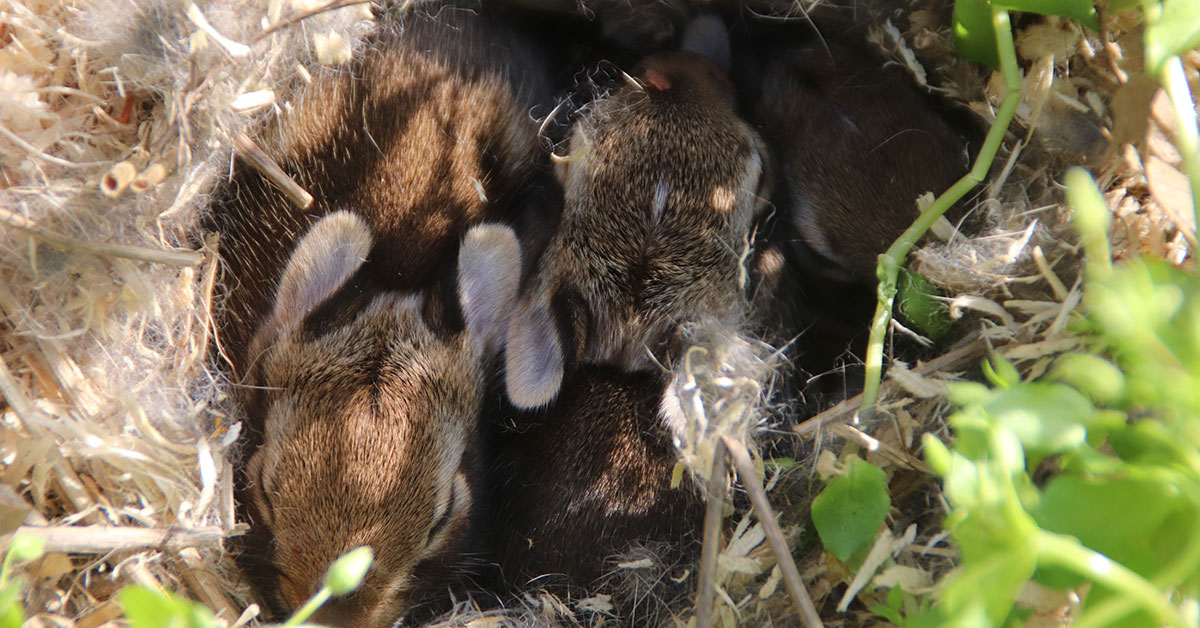In the world of poultry keeping, the Java chicken stands as a majestic and historically significant breed, boasting unique qualities and a rich heritage. Hailing from the island of Java in Indonesia, these remarkable birds have garnered admiration from poultry enthusiasts and breeders around the globe. With their regal appearance, remarkable endurance, and excellent egg-laying capabilities, Java chickens have become a cherished breed for those seeking a touch of elegance combined with utilitarian functionality.
In this article, we embark on a captivating journey into the world of Java chickens, exploring their fascinating history, distinct characteristics, and the reasons behind their enduring appeal. Whether you’re an aspiring poultry keeper, a fan of heritage breeds, or simply intrigued by the diversity of chicken breeds, join us as we unravel the allure and significance of Java chickens, and discover why they continue to hold a special place in the hearts of poultry enthusiasts worldwide.
What is a Java chicken?
A Java chicken is a heritage breed of domestic chicken known for its historical significance, impressive size, and distinctive appearance. Originating from the island of Java in Indonesia, these chickens were brought to the United States in the early 19th century, where they quickly gained popularity among breeders and farmers.
Java chickens are recognized for their large size and robust build. They have a broad, muscular body and a somewhat upright posture, exuding an air of dignity and elegance. The breed comes in two recognized varieties: the Black Java and the Mottled Java. The Black Java is characterized by its glossy black plumage, while the Mottled Java displays a striking pattern of black and white feathers.
Aside from their visual appeal, Java chickens are renowned for their hardiness and adaptability. They possess excellent foraging abilities and are known for their ability to withstand harsh weather conditions, making them suitable for various climates. Their endurance and resilience have contributed to their popularity as both utility and exhibition birds.
Breed origins
The Java chicken’s historical significance cannot be understated. As one of the oldest chicken breeds in America, it has played a vital role in the development of other popular American breeds, such as the Rhode Island Red and the Plymouth Rock. Through careful breeding and preservation efforts, dedicated enthusiasts and breeders continue to ensure the survival and conservation of this valuable heritage breed.
Whether admired for their historical value, imposing size, or versatile qualities, Java chickens hold a special place in the hearts of poultry enthusiasts and breed preservationists. Their unique combination of history, strength, and distinctive appearance makes them a captivating choice for those seeking a connection to the past and a touch of elegance in their poultry flocks.
Breed facts
In this section, we delve into the captivating breed facts that define the Java chicken. From their impressive lifespan and substantial weight to their reliable egg-laying capabilities and amiable temperament, we explore the key attributes that have solidified the Java breed’s place in the hearts of poultry enthusiasts and heritage breed preservationists worldwide. Join us as we uncover the fascinating details and enduring charm of the Java chicken, a breed that exemplifies a regal heritage and remarkable qualities.
- Average Lifespan: Java chickens have an average lifespan of 6 to 8 years. However, with proper care and management, some individuals may live longer.
- Size and Weight: The Java breed is known for its impressive size. Adult Java hens typically weigh between 6.5 and 8 pounds (2.9 to 3.6 kilograms), while roosters can reach a weight of 8.5 to 10 pounds (3.9 to 4.5 kilograms). They have a robust and muscular build, showcasing their strength and stature.
- Egg Production: While not the primary focus of the breed, Java hens are known for their reliable egg-laying capabilities. On average, a healthy Java hen can lay approximately 150 to 200 large brown eggs per year. Egg production may vary depending on individual genetics, diet, and environmental factors.
- Temperament: Java chickens are typically calm, docile, and friendly in nature. They are known to be relatively easy to handle and can coexist peacefully with other chickens. Their amiable disposition makes them suitable for both small-scale backyard flocks and larger farming operations.
- Hardy and Adaptability: Javas are highly regarded for their hardiness and adaptability to various climates. They are known to tolerate both heat and cold reasonably well, making them suitable for a range of geographic regions. Their ability to forage and thrive in different conditions adds to their versatility as a breed.
- Feathering and Appearance: The Java breed is available in two recognized varieties: the Black Java and the Mottled Java. The Black Java features glossy black feathers, while the Mottled Java displays a striking pattern of black and white plumage. Both varieties exhibit a regal and dignified appearance, reflecting their historical significance and presence.
- Broodiness: Java hens are known to exhibit broody behavior, meaning they have a tendency to sit on and hatch their own eggs. This characteristic can vary among individuals, with some Javas showing a strong inclination towards broodiness. It makes them suitable for natural incubation and raising chicks.
- Heritage Breed: Java chickens hold significant historical value as one of the oldest chicken breeds in America. They played a crucial role in the development of other popular American breeds, and their conservation efforts continue to preserve their unique genetics and cultural heritage.
These breed facts provide an overview of the notable characteristics of Java chickens, highlighting their impressive size, adaptable nature, and historical significance. Whether appreciated for their regal appearance, reliable egg production, or place in poultry history, Java chickens offer a captivating choice for poultry enthusiasts, heritage breed preservationists, and those seeking a breed with a touch of elegance and legacy.
